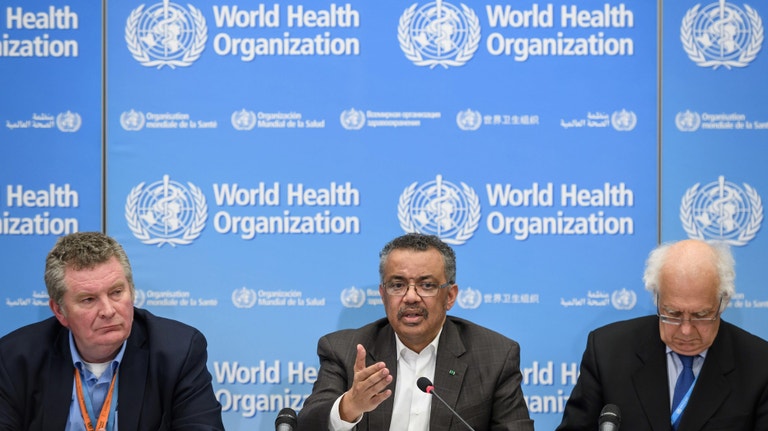
Coronavirus Is Now A Public Health Emergency, What Does That Mean?
by Beth SkwareckiThe World Health Organisation met today and declared the coronavirus from Wuhan (2019-nCoV) a public health emergency of international concern, or PHEIC.
This does not mean that we’re all going to die, or that the disease is out of control. Rather, it means that the virus is crossing international borders in a way that requires countries to work together to prevent the situation from getting any worse.
So far there have only been 98 cases outside of China. Those are in 18 countries, and they include eight cases of human-to-human transmission, and (so far) no deaths. The WHO’s director general, Tedros Adhanom Ghebreyesus, praised China’s response and said, in a press conference, that the PHEIC declaration “is to protect, especially, countries with weaker health systems.”
The point of a PHEIC declaration is to recognise an “extraordinary event” that can potentially spread from one country to others, and that may require coordinating prevention and treatment efforts across national borders. Last week, 2019-nCoV didn’t quite meet the requirements. Now, with more cases and a better understanding of how they are spreading, the organisation thinks it’s time to treat the outbreak as a global public health emergency.
What happens next?
The declaration allows the WHO to make recommendations to countries on the best ways to prevent the disease’s spread. Critically, they said the best practice is not to enact any travel bans, border closures, or quarantines of healthy travellers. (Some countries have begun, or are discussing, such measures.) There’s no evidence that those bans help to contain disease, and in fact they tend to hurt more than they help.
The international response, according to WHO recommendations, will include accelerating research toward a vaccine and toward developing better tests and treatments for the virus. Countries also need to figure out the logistics of identifying cases efficiently and responding to the situation as it unfolds in their location. And scientists and doctors dealing with the outbreak should share information for others to use.
Another key recommendation is to fight misinformation, which is becoming rampant. Politifact has an article here collecting some of the hoaxes and conspiracy theories that have been floating around: No, this isn’t an artificial virus unleashed by Bill Gates; no, a fake Sydney department hasn't advised people against eating certain foods; no, there aren’t tens of thousands dead.
For now, the best advice is to do the same as you should every cold and flu season: wash your hands, avoid close contact with sick people, and stay home if you yourself are sick. NSW Health has prevention advice here and DFAT has issued a travel alert advising Australians against unnecessary travel to China. (This isn’t a ban, but friendly advice to play it safe. You can still travel to China if you choose.)
If you have reason to believe you may have contracted the virus, call your doctor.